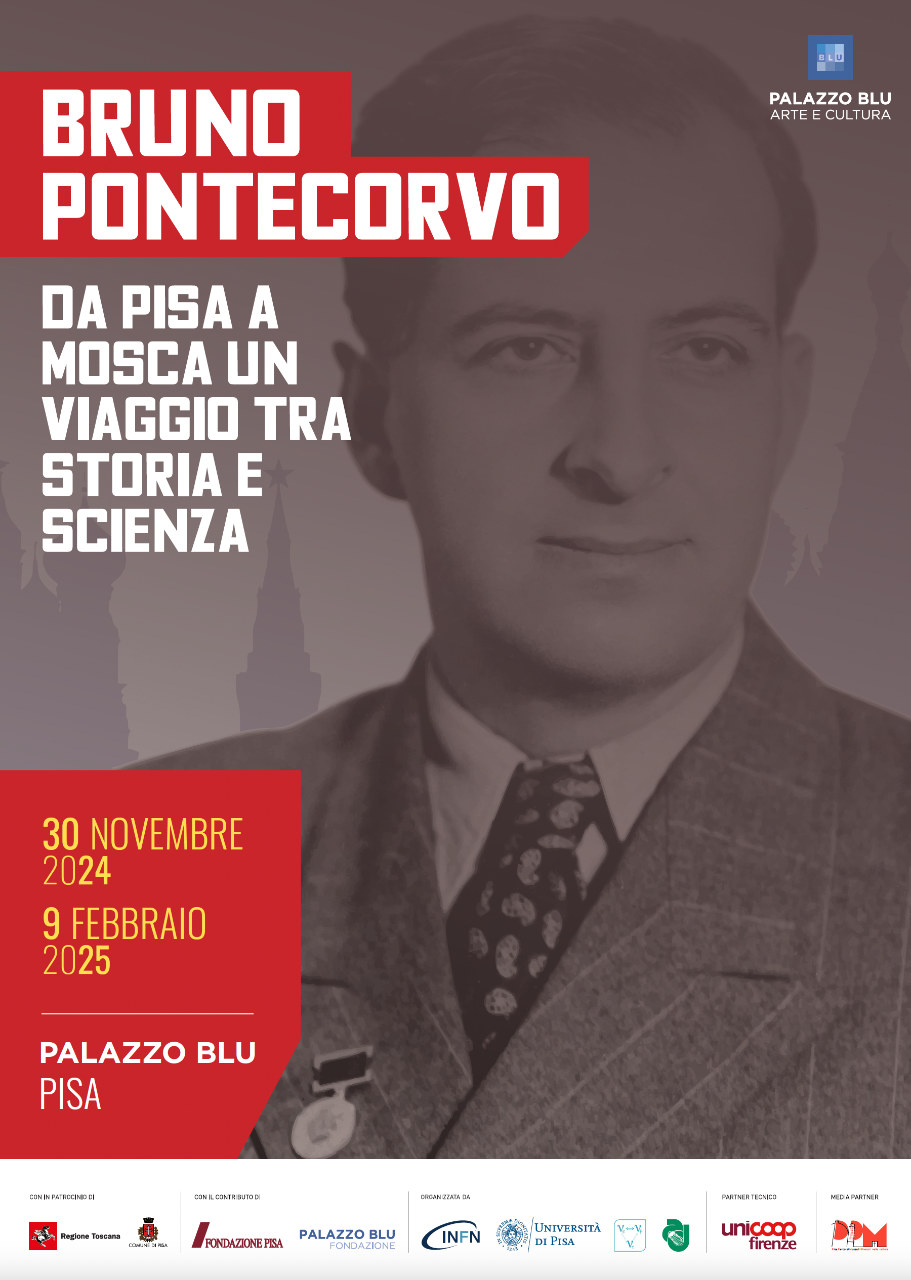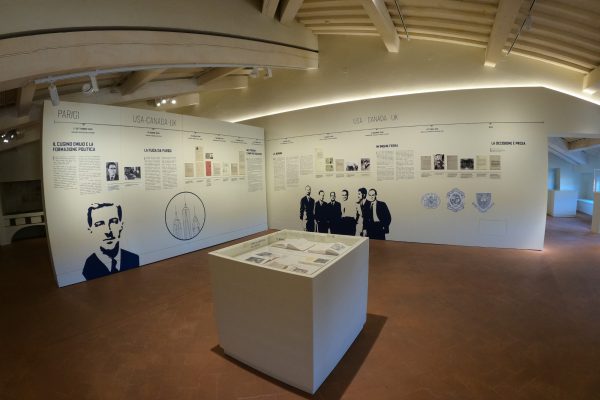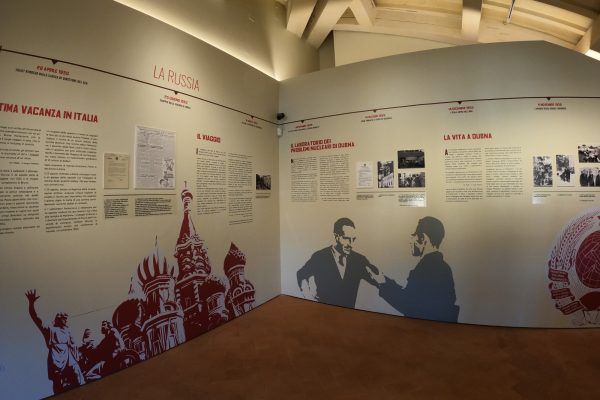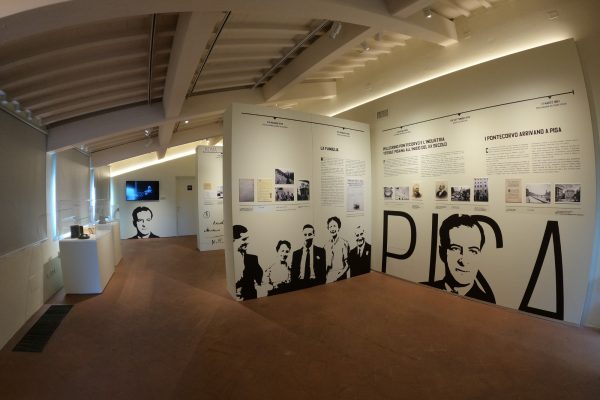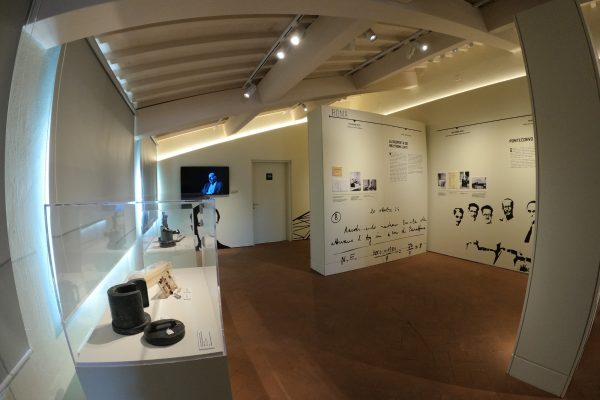On September 24, 1993, one of the greatest scientists of the 20th century, Bruno Pontecorvo, died in Dubna, Russia
Famous for his brilliant intuitions and discoveries in the field of fundamental physics, his name is indelibly linked to the events of the neutrino, the elusive particle that was searched for two decades before being discovered in 1957. His theory of neutrino oscillations is a milestone in the history and evolution of physics. Even today, fundamental physics finds inspiration for new developments and new discoveries from his ideas and experiments.
Born on August 23, 1913 in Marina di Pisa into an important Jewish family of textile industrialists of Roman origin, he began his engineering studies in Pisa, to conclude them in Rome at the Royal Institute of Physics, following the advice of his brother Guido. Having joined Enrico Fermi’s group, known as the “Via Panisperna boys,” he took part in the experiment on the slowing down of neutrons that would earn Fermi the Nobel Prize in 1938. He later worked in France with the Joliot-Curies, daughter and son-in-law of Madame Curie, and then in the United States, Canada and United Kingdom. In September 1950, at the end of a vacation in Italy, he decided to secretly transfer with his family to the USSR, motivated by political faith and ideological reasons. His defection was kept secret to the Western world for 5 years, until 1955 when, in a press conference at the Academy of Sciences in Moscow, he explained to his colleagues and to the entire world his decision to become a Soviet citizen. After 28 years of absence from Italy he returned to Rome, only for a few days, on September 6, 1978 to celebrate the 70th birthday of his old friend Edoardo Amaldi, the only member of Fermi’s Roman group who remained working in Italy.


